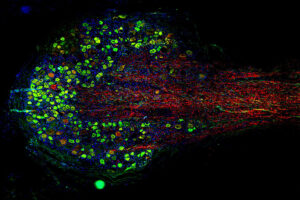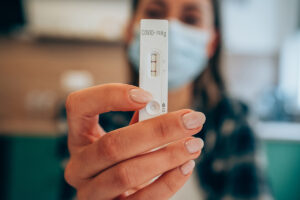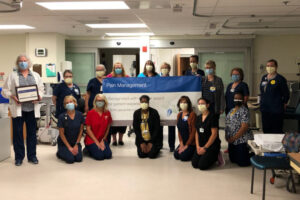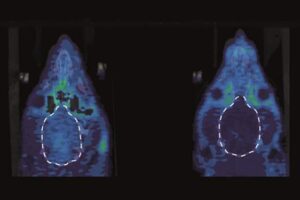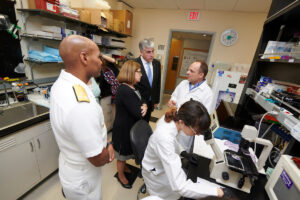Jose Moron-Concepcion, PhD, the Henry E. Mallinckrodt Professor of Anesthesiology at Washington University School of Medicine in St. Louis, has been appointed to a four-year term on the National Advisory Dental and Craniofacial Research Council. The council is an extension of the National Institute for Dental and Craniofacial Research at the National Institutes of Health (NIH).
Moron-Concepcion appointed to NIH advisory board (Links to an external site)


